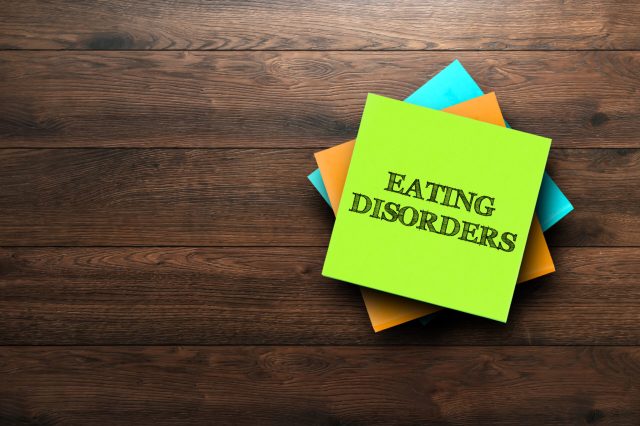Course Summary
A binge-eating disorder is characterized by recurrent episodes of binging on food and involves continuous eating despite not feeling hungry and until uncomfortably full, often eating secretively, and consuming wide varieties of food. People who binge-eat frequently have feelings of guilt related to uncontrolled, dysfunctional eating patterns. Psychopathology can include corresponding anxiety and depression, and those with an eating disorder typically have poor psychosocial coping skills. Binge-eating does not always correspond with obesity, but obesity is commonly seen, contributing to comorbid health concerns. The treatment of binge-eating involves medical and psychiatric management to assist patients to recognize dysfunctional eating patterns and to improve self-confidence in their ability to self-regulate eating and improve their health.
Course Format
Homestudy
Course Syllabus
- I. Introduction
- II. Epidemiology and Statistics
- III. Diagnosis of Binge-eating
- 1. Signs and Symptoms
- 2. Screening Tests for Eating Disorders
- IV. Medical and Psychiatric Comorbidities
- V. Treatment for Binge-eating
- VI. Pharmacotherapy
- 1. Pre-Treatment Evaluation
- 2. Drug Selection
- 3. Lisdexamfetamine
- 4. Antiepileptic Drugs
- 5. Selective Serotonin Reuptake Inhibitors
- 6. Opioid Antagonists
- 7. Serotonin/Norepinephrine Reuptake Inhibitors
- 8. Baclofen
- 9. Orlistat
- VII. Case Study: Binge-eating Disorder with Weight Gain
- VIII. Summary
Authors
Dana Bartlett, RN, BSN, MSN, MA, CSPI
Dana Bartlett is a professional nurse and author. His clinical experience includes 16 years of ICU and ER experience and over 27 years as a poison control center information specialist. Dana has published numerous CE and journal articles, written NCLEX material, textbook chapters, and more than 100 online CE articles, and done editing and reviewing for publishers such as Elsevier, Lippincott, and Thieme. He has written widely on the subject of toxicology and was a contributing editor, toxicology section, for Critical Care Nurse journal. He is currently employed at the Connecticut Poison Control Center. He lives in Wappingers Falls, NY.
Jennifer McAnally, DNP, PMHNP-BC
Jennifer McAnally holds a Doctor of Nursing Practice degree and specializes in the field of family psychiatry. She has worked in child and adult mental health and substance use treatment settings for over 10 years. She worked previously in academic research settings and as the medical device division manager of a biomedical firm and tissue bank. She has also worked in regulatory oversight of Medicaid programs at the state level. Jennifer’s earlier degrees include a Bachelor of Science in Nursing and Bachelor of Science in Microbiology with emphasis on whole-genome bioinformatics, both from Montana State University. Jennifer is a passionate activist in the field of mental health services, and is dedicated as a mother of two children, to family and to her community in Montana.


